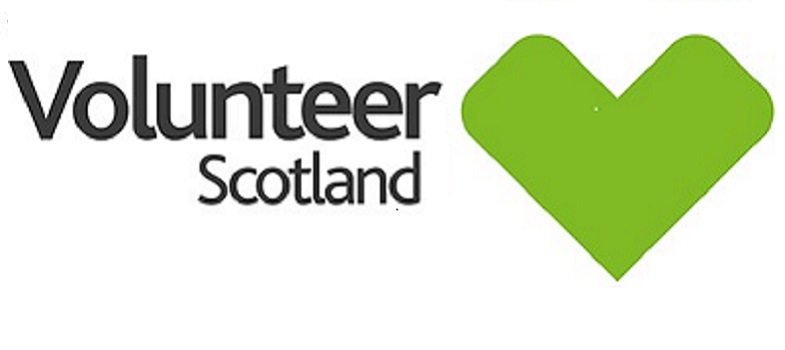Keeping Volunteers Safe: Restarting your Volunteer Programme
This course is about the essential things you need to consider to ensure a positive experience for individuals returning to engage in volunteering following suspension of programmes in response to Covid-19. The overall aim is to help you prepare your volunteers, organisation and colleagues to return to supporting volunteer involvement in your work. It was developed with input from volunteers, volunteer-involving groups and organisations, volunteer practitioners and trainers. This input has given us the volunteers’ perspective and the volunteers’ ‘voice’ that we hope you will find helpful throughout the course.
4. Adapting to Change: Roles and Responsibilities
4.3. Activity 4 Feedback
The critical thing to remember when resuming your volunteer programme is the risks to staff, volunteers and others. Groups or organisations can have very different risks, and so a risk assessment must be conducted. For Paths for All and Sustrans, the assessment and the management of risk is based on working outside. Outside activity was able to resume earlier as lockdown in the UK was eased. For other organisations, the challenges are very different.
For example, if your volunteers are inside, it changes when and how you might engage with volunteers. Volunteering Matters working with Volunteer Scotland have provided some useful templates in this regard for Community Groups or organisations as they look to start using buildings again. Other organisations are involved in working with families across a range of setting. For example, Chest Heart & Stroke Scotland are Scotland’s health charity supporting people and their families across Scotland with chest, heart and stroke conditions. Volunteers work in retail, and they have kindly shared their retail risk assessment which volunteer practitioners can adapt to allow volunteers to return to volunteering in retail premises safely.
All groups and group or organisations have a duty of care towards their volunteers to ensure that they will not be harmed while carrying out their role. You can take the time to talk through any measures your group or organisation has implemented to support their safety, and spend some time addressing any concerns that the volunteer may have. You should be confident that your volunteer can understand and commit to any additional safety precautions they are advised to take, as they also have a responsibility for their safety and the safety of others.
If a volunteer discloses that they are particularly at risk, shielding or otherwise vulnerable, your group or organisation may need to take a firm position on declining their involvement at that time. Volunteers can be signposted to the NHS Inform website for further advice.
